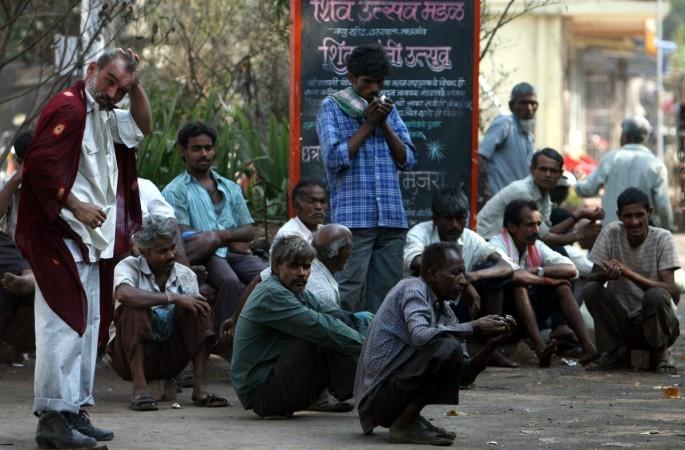
Adidas, one of the largest sportswear manufacturers in the world, will likely tighten its operations in India which might lead to employee layoffs and reduction in franchise partners across the country.
The development comes right after rival Nike, last week, fired about 20 percent of its employees in India and asked many others to join its South East Asia operations in a major downsizing exercise.
Adidas, which owns the Reebok brand, could lay off about one-fourth its India staff over the next few months. The sportswear major has been in talks with Reliance Brands to hand over a chunk of its franchise business, sources close to the matter told Economic Times.
However, the German sports maker did not say anything to media on the matter directly, but if it lays off employees in future, that would surely add to economic pressures caused by unemployment, a big challenge for the Modi government at the moment.
IT layoffs are expected to rise too in coming years as automation will take a toll on low-skilled tech labour.
Modi government's failure
When Prime Minister Narendra Modi came to power four years ago, he promised to curb unemployment in India, especially among young people. However, looking at the current layoff rates, it is difficult to predict if employment will pick up in India anytime soon.

Last month, McDonalds decided to shut down 169 stores in the north and eastern regions of India that would leave hundreds of people unemployed overnight.
According to the India Employment Report 2016, around 11.7 crore people need to be absorbed into jobs, though only 2.3 percent of the workforce in the country have undergone formal skills training.
As demand for more high-skilled labour increases following greater automation of industry, this sends red signals to the government to work faster on its educational and employment reforms.

















